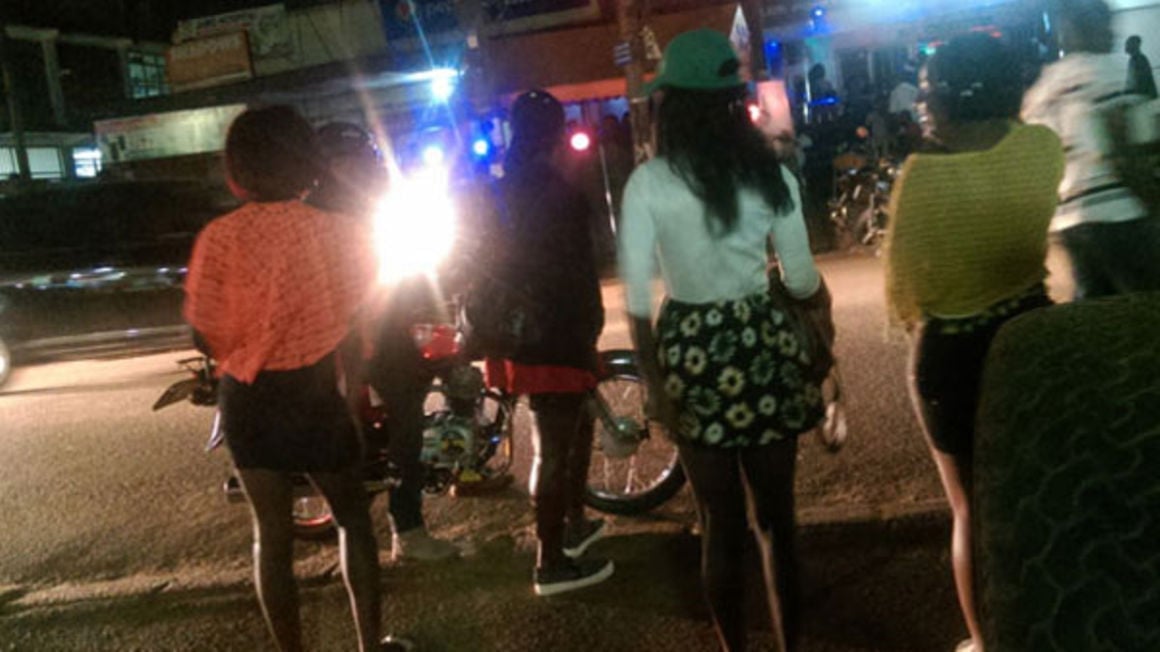Ubos dismisses falsehoods spread about 2024 Census

Enumerators gather at Nakawa Division headquarters in Kampala yesterday. Ubos has assured the public that information that will be collected during the 2024 census won’t be shared by anybody else. PHOTO/STEPHEN OTAGE
What you need to know:
Ubos indicates that the data collected will be keep as confidential findings for government
The Uganda Bureau of Statistics (Ubos) has assured the public that information that will be collected during the 2024 census won’t be shared by anybody else.
The national statistics agency yesterday said Ugandans and non-nationals should not fear revealing personal, household, institutional, and community information to them because it is 100 percent safe.
Mr Didacus Okoth, the Ubos senior public relations officer, in a phone interview yesterday said: “Saying that the census is for taxes is bad because it is going to politicise the exercise, which is not right. There is a whole government agency responsible for taxes in this country.”
“Our functions as Ubos are to collect, process and provide quality statistics that are responsive for planning, policy formulation and evidence-based decision making,” he assured.
The 2024 National Population and Housing Census kicked off today and will run up to Sunday, next week. It will involve Ubos staff moving door-to-door to capture data from residents of households.
Mr Okoth said they would keep the data as confidential products, which Ubos does not disseminate on an individual household, community or institution basis.
Ubos Act, 1998, mandates the agency to coordinate, monitor and supervise Uganda’s National Statistical System.
A section of the public had expressed fears that Ubos may collect their information, especially about finances and businesses, and pass it on to the Uganda Revenue Authority (URA) who in turn will use it to hunt them down over tax issues.
Last week, this publication reported that members of the Enjiri cult in Luweero District vowed never to take part in the census. The sect members in Luweero, Nakaseke, Kayunga, and Nakasongola districts claim the government has hidden motives in the execution of the programme.
Mr Joshua Tebandeke of Nakasejere Village in Kamira Sub-county and a member of Enjiri Group said: “The census that is being imposed on us is very different. We have spent a lot of time explaining to the different authorities about our faith and beliefs. This particular census is not very different from the other government projects that we have rejected.”
“If your people [government] were genuine about finding out the number of people, the questions could be answered by a single person. The officials intend to get all the details that will be entered into the government’s digital systems and will be used against the population,” he added.
But Mr Okoth termed the religious views as falsehoods which should not be heeded by the public.
“The issue of taxes and others are misconceptions and hearsay, otherwise, as Ubos, we will stick to our mandate as given to us by an Act of Parliament.”
Ubos Act
The Ubos Act, of 1998, provides for confidentiality on all data collected from any respondent. The Act says all persons carrying out a census exercise are expected to swear an oath of secrecy, to ensure the information collected is used purely for statistical purposes.
The Ubos executive director, Dr Chris Mukiza, has in the last weeks been moving to different cultural institutions including the Rwenzururu, and Busoga, among others, urging them to sensitise the public about the exercise.
Officials from Ubos have also visited different religious institutions calling upon the leaders to rally their subjects to turn up for the census.
Ubos has announced several measures for missing the census, including six months’ imprisonment. They have also announced reinstating roadblocks to enable people in transit to be counted.
Mr Okoth said children outside marriage, whose parents would fear to disclose to their partners, would be counted from wherever they will be.
WORKFORCE
In the next 10 days, about 115,000 Ubos enumerators and 18,000 parish supervisors will move to different households across the country, collecting census records.




